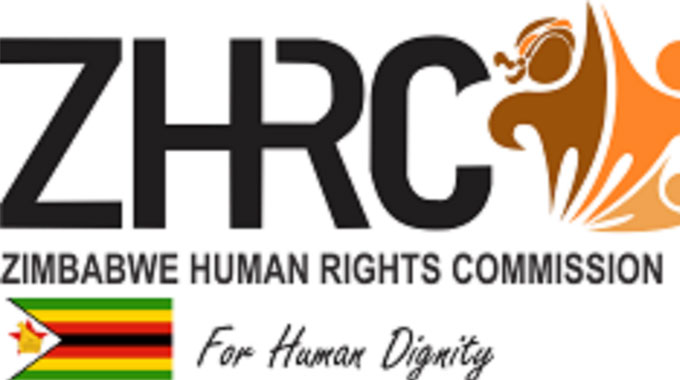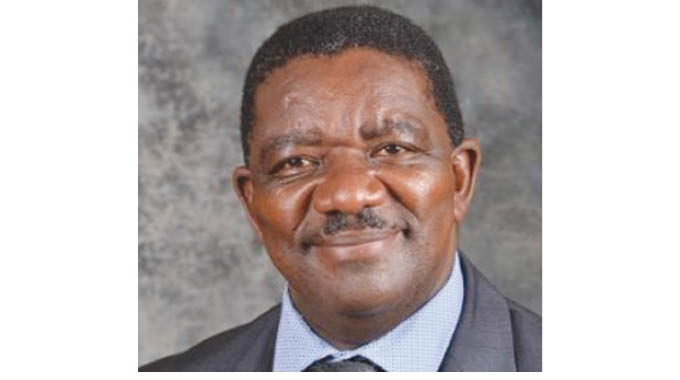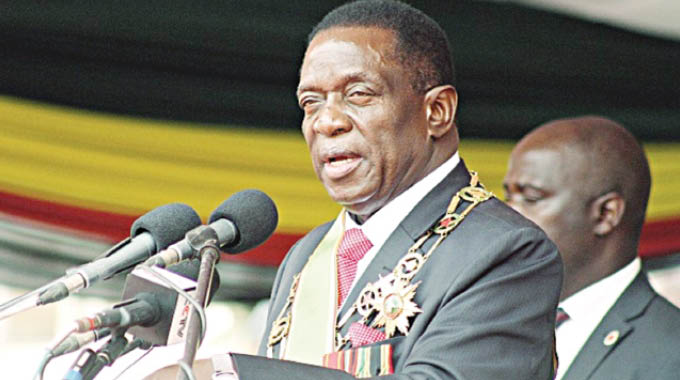‘Laws governing issuance of national documents must be amended’

Sukulwenkosi Dube-Matutu, Gwanda Correspondent
CHIEFS in Matabeleland South Province have said laws governing the issuance of national documents must be amended as they were making it difficult for the rural folk to access crucial documents such as birth certificates and national identity cards.
Speaking in separate interviews during a Zimbabwe Human Rights Commission (ZHRC) provincial consultative stakeholder meeting on access to national documents in Gwanda on Tuesday last week, chiefs said there was need for the Registrar General’s Office to put in place policies that would allow children to access to birth certificates.
The commission is conducting public hearings on access to documentation in the country.
Chief Gwebu from Umzingwane District said the challenge of obtaining documents has been ongoing for a long time.
“Widows in my area are struggling to access death certificates after the death of their husbands; children are struggling to write their examinations as they don’t have birth certificates. Some of them drop out of school before writing their Grade Seven examinations because of this challenge,” he said.
“Some of these children stay with their grandparents as their parents have passed away. There is need for a change in the system used in issuing of national documents because some of the requirements are complicated making it difficult for people to access these documents. There is need for an exception for children, they would rather be allowed to sit their examinations while their birth certificates are processed because getting education is their constitutional right.”
Chief Gwebu said many villagers especially in remote areas do not have crucial documents.
Also speaking in an interview, Chief Sitaudze from Beitbridge said many young people had lost focus in life as they did not have documentation such as birth certificates.
He said the challenge does not only affect them academically but in the sporting field as well which could be a viable career path for them.
The chief said there was need for the Registrar General’s Department to establish permanent offices in remote parts of the province.
Chief Tshitshi from Mangwe said it was a huge relief that the ZHRC was tackling the issue of access to documentation as it was long overdue. He said there was need for the commission to pursue the matter up to the end so that it could yield positive results.
Speaking during the meeting, ZHRC chief human rights officer, Ms Priscillah Mbanga said they had organised a stakeholders meeting in preparation for the public hearings.
“The ZHRC is carrying out a national inquiry of access to documentation. We want to find out the root causes why people don’t have access to documentation such as birth certificates, national identity cards, passports, citizenship and death certificates.
“We have come to Matabeleland South Province to meet with stakeholders so we can identify the challenges,” she said.
“There will be public hearings here in Mat South which will be held from 27-30 August. We look forward to collecting oral and written evidence from people in all the seven districts on the challenges they are facing. From the meeting we had today we have picked that there are challenges faced with regards to distances travelled to registry offices, need for decentralisation of offices, amendment of laws and policies such as Births and Deaths Act and Citizenship Act and limited knowledge on importance of these documents.”
Ms Mbanga said the commission has conducted public hearings in Mashonaland Central, Masvingo and Matabeleland North Provinces. She said the commission will produce a report that will be presented to Government and Parliament.
In a speech Matabeleland South Provincial Affairs Minister, Cde Abednico Ncube called for the problem of lack of access to documentation to be addressed soon as it was rampant throughout the province. – @DubeMatutu











Comments